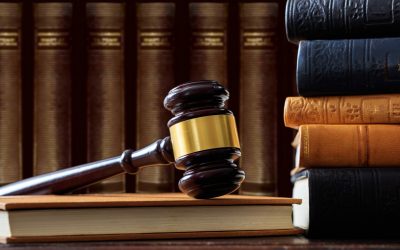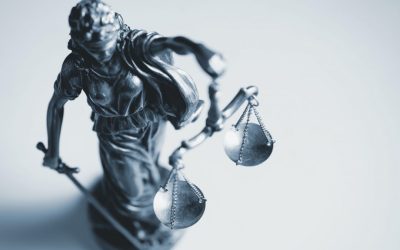- Email Us
- Mon - Sat 10:00 AM - 06:00 PM
- 9625118188
Copyright registration in India provides legal protection to creators of original literary, artistic, dramatic, and musical works. Here’s a simplified overview of the copyright registration process in India:
Any original work falling within eligible categories like literary, artistic, computer programs, films, or sound recordings can be registered for copyright protection.
To initiate copyright registration, applicants need to complete the appropriate application form available on the official Copyright Office website under the Ministry of Commerce and Industry.
Accompanying documents include a copy of the work, a no-objection certificate from the author (if applicable), a power of attorney (if filed by an attorney), and the prescribed fee payment receipt.
Submit the completed application along with the necessary documents either physically or through the online copyright registration portal.
The Copyright Office examines applications for completeness and compliance. Applicants may be asked to rectify any discrepancies within a specified period.
Upon satisfactory examination, the Copyright Office issues a registration certificate confirming copyright protection, with the registration date being the date of application receipt.
The duration of protection varies depending on the work's nature. For most works, it is the author's lifetime plus 60 years, while for anonymous works or others, it's 60 years from publication.
When applying for copyright in India, the following details and documents are typically required:
Fill out the appropriate copyright application form available on the Copyright Office's website.
Provide detailed information about the work, including title, nature, language, and publication status.
Include the name, address, and nationality of the author or creator.
Specify ownership details, including the copyright owner's information.
Provide a brief description or summary highlighting key features
Include the date and country of first publication, along with any previous registrations or licenses.
Depending on the work type, submit relevant supporting materials.
Literary, Dramatic, or Musical Works: Submit a copy of the manuscript, script, or sheet music, as applicable.
Artistic Works: Include a copy or reproduction of the artistic work, such as a photograph or printout.
Cinematographic Works: Provide a copy of the film or documentary, along with a synopsis and details of the film's duration and format.
Sound Recordings: Submit a copy of the sound recording in the required format.
Accompany the application with the prescribed fee.
The letter specifies alleged discrepancies and provides relevant copyright details and supporting evidence.
Respondents must acknowledge and respond to the letter within 30 days, addressing each discrepancy with evidence or legal arguments.



Throughout the process, our representatives provide updates and guidance to ensure a smooth registration experience.

Committed to justice, dedicated to your success – trust our firm for reliable representation.
